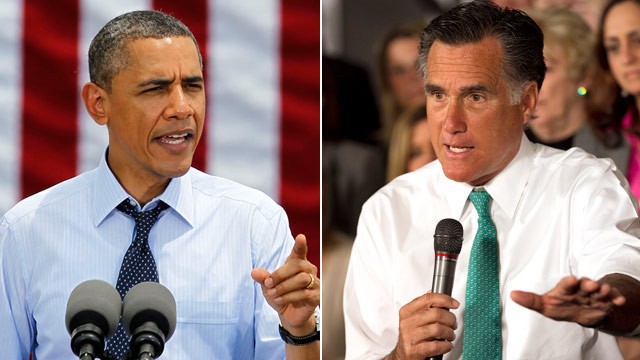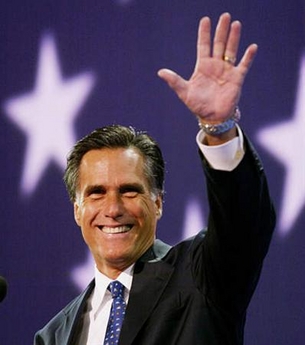So, the
Pennsylvania Primary is next Tuesday the 24th, and the nominee for
both parties is decided. The only real significance of the primary in terms of
the Barack Obama and Mitt Romney race is that the state could be used to make a
statement. Neither party wants to have a lower voter turnout than the other
purely for sake of their pride. All in all, the only race that actually matters
in the primary at a national level is the race for attorney general, and even
that pales in comparison to the significance of picking a presidential
candidate.
 |
| abcnews.com |
In
light of the recent developments, I’m going to give a quick preview of the
general election in the fall. Regardless of your political affiliation, it is
apparent that this will be a close race. Given the fact that Pennsylvania is a
swing state with a large number of Electoral College delegates, it is likely
that both candidates will visit Penn State in the fall. I actually work with
the Obama campaign and know that it is highly, highly likely that he will come.
I have no inside knowledge about Romney’s plans, but it would be strange for
him to visit Pennsylvania and not come to Penn State.
In
terms of constituencies that each party must pick up in order to win the
election, Republicans must gain back the women vote. The past four years have
resulted in an increase in abortion restrictions, something which most women
consider to be a very important issue. Both parties are fighting over the
Latino vote. As the largest minority population in the country, their vote will
be extremely important in the Southwest and Florida. That is a group that
Romney will have to fight especially hard to win given his reputation as a rich white guy with a hard time relating to other people who aren't rich white guys.
That’s
just a quick preview of what to expect to hear about in the fall. My prediction
is that Obama will win by a reasonably small margin (around 4% of the popular
vote). That’s all for this semester. Remember to vote.







